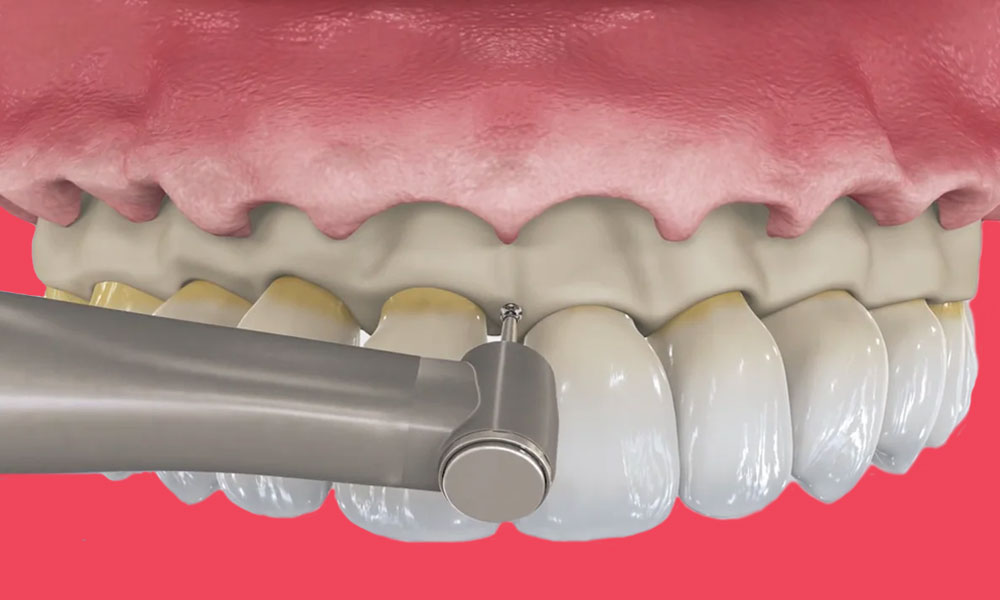Psychiatry has come a long way since its early days. From ancient treatments to modern science, this field has shaped how we understand the mind. New approaches and techniques now offer better care. For example, New York therapy services reflect these changes, providing diverse treatment options. Let’s explore the journey of psychiatry and how it continues to evolve.
Ancient Practices
In ancient times, mental illness was often seen as a spiritual or supernatural issue. Treatments were based on rituals or religious practices. The Greeks, for instance, believed in balancing bodily fluids called humors. This approach reflected the limited understanding and available tools of the time.
The Birth of Modern Psychiatry
The Enlightenment era brought a shift in thinking. Figures like Philippe Pinel in France started to treat patients more humanely. He promoted the idea that mental illness could have natural causes and thus needed scientific study. This laid the groundwork for modern psychiatry.
From Asylums to Hospitals
Asylums were once the main treatment centers for mental illness. Conditions were often harsh and treatments rudimentary. Over time, reforms transformed these institutions into hospitals. This change highlighted a new focus on care and recovery rather than mere containment.

Development of Therapies
In the 20th century, psychotherapy emerged as a key treatment. Pioneers like Sigmund Freud developed psychoanalysis. Later, other forms such as cognitive-behavioral therapy gained prominence. These therapies showed that talking and structured interventions could help.
Major Milestones
Several milestones stand out in the history of psychiatry:
- 1808: Johann Christian Reil coins the term “psychiatry.”
- 1950s: Introduction of antipsychotic medications transforms treatment.
- 1970s: The deinstitutionalization movement begins, shifting care to communities.
Comparing Past and Present Approaches
| Aspect | Past | Present |
| Treatment Focus | Containment | Recovery and Care |
| Care Setting | Asylums | Hospitals and Clinics |
| Techniques | Rituals and Basic Interventions | Medications and Psychotherapy |
Current Trends and Future Directions
Today, psychiatry continues to evolve. Advances in technology and neuroscience are opening new possibilities. Personalized medicine, which tailors treatment to individual needs, is gaining traction. This approach promises more effective and efficient care.
Understanding Mental Health in Society
Public awareness and acceptance of mental health issues have grown. Campaigns and education have reduced stigma. More people now seek help without fear of judgment. Organizations like the National Institute of Mental Health play a crucial role in research and awareness.
Conclusion
Psychiatry has transformed from ancient rituals to a scientific discipline. It continues to adapt and improve, driven by research and innovation. As new challenges arise, psychiatry remains vital in helping us understand and care for mental health. Through ongoing developments and compassionate care, the field aims to enhance the well-being of many.




